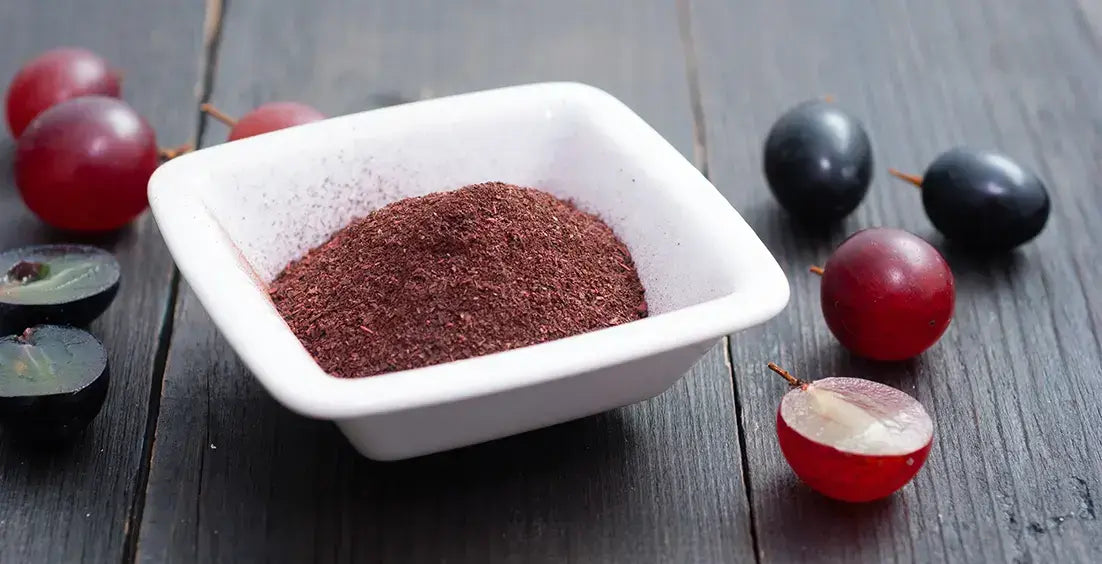How Much Berberine Should I Take?
Berberine offers numerous health benefits. This article discusses dosages, side effects, and precautions, especially for those taking other medications.

Popular Stories
- Best Liquid B12 Supplement: Find out its Dosage & Health Benefits
- Best BCAA Supplements for Fat Loss and Muscle Retention
- Best Maca Root Supplement For Men’s Health, Hormones, & Well-Being
- Best Acai Berry Supplements: The Ultimate Buying Guide
- Spirulina Benefits for Women: Superfood for Skin & Hormones
- Best Foods for Weight Loss: Healthy Meal Options to Try
References
- Plant isoquinoline alkaloids: Advances in the chemistry and biology of berberine (sciencedirect.com)
- Berberine: Botanical Occurrence, Traditional Uses, Extraction Methods, and Relevance in Cardiovascular, Metabolic, Hepatic, and Renal Disorders (frontiersin.org)
- Glucose-lowering effect of berberine on type 2 diabetes: A systematic review and meta-analysis - PMC (nih.gov)
- Effect of Berberine on Cardiovascular Disease Risk Factors: A Mechanistic Randomized Controlled Trial - PMC (nih.gov)
- Berberine is a promising supplement — but it’s not a magical weight-loss solution (mayoclinic.org)
- Berberine and Weight Loss: What You Need To Know
- Berberine and inflammatory bowel disease: A concise review (sciencedirect.com)
- Effects of Berberine on the Gastrointestinal Microbiota


 Skin Detoxification Bundle
Skin Detoxification Bundle Complete Weight Loss Bundle
Complete Weight Loss Bundle Heart Care Bundle
Heart Care Bundle Better Immunity Bundle
Better Immunity Bundle  Men's Immunity & Prostate Health Bundle
Men's Immunity & Prostate Health Bundle Stress + Energy + Wellness Combo
Stress + Energy + Wellness Combo  Energy Booster Combo
Energy Booster Combo Natural Skin Care Bundle
Natural Skin Care Bundle Workout Supplements Combo
Workout Supplements Combo Cognitive Health & Vision Combo
Cognitive Health & Vision Combo Joint Health Support Combo
Joint Health Support Combo




































